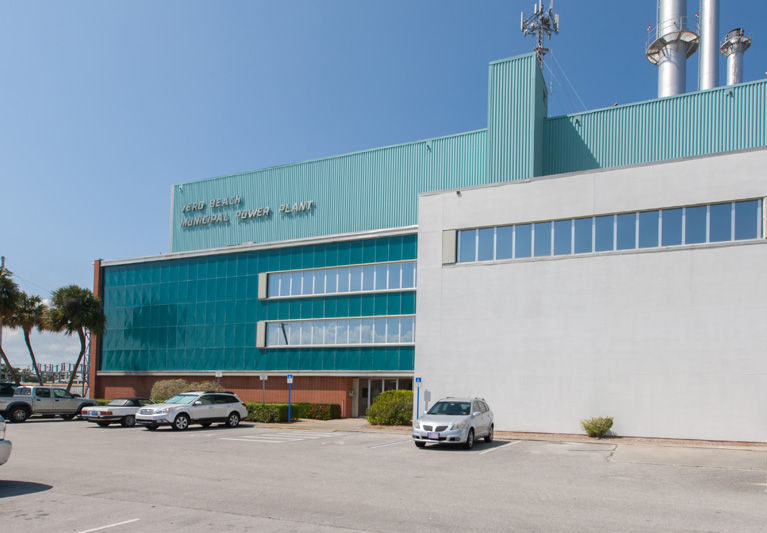
VERO BEACH — The Vero Beach City Council voted unanimously Tuesday night to look into replacing Vero’s pricey bulk power deal with the Orlando Utilities Commission with several short-term power contracts from the open market.
Vero’s experts say that, even if the city has to pay the $50 million penalty to cancel the 2008 OUC contract, it is possible a good deal is to be had in today’s soft electricity market due to post-recession excess capacity.
The staff will put out a request for proposals by July 3, with bids due in to Vero by July 31.
Attorney Robert Scheffel “Schef” Wright made the pitch to the council, reiterating basically the same information given to a joint session of the city’s Finance and Utilities commissions earlier this month. Both of those committees, after reviewing all the choices in what Wright termed “a wide-ranging discussion,” voted unanimously to test Vero’s luck in the market.
Wright said the potential savings, depending upon whether or not the city shuts down its Big Blue power plant and how it fills the gaps for peaking power, could result in a savings of $3.50 to $4 per month off the typical power bill.
The city expects to receive eight to 10 different bids, based upon a recent effort by the City of Quincy, which netted eight proposals, which Wright said were quite favorable in comparison to the terms Vero has with OUC today.
The OUC contract was negotiated in 2006 and 2007 during the real estate bubble when there was not as much excess capacity in the market as there is now, post-recession. The OUC contract has an annual escalator clause and an expensive demand charge that Vero pays for OUC to set aside the maximum amount of power that Vero would need from its Stanton energy plants.
“Bottom line is we would hope to get definitive recommendations to you either on the 1st or 15th of September.
Vice Mayor Jay Kramer said that “having a good handle on our power prices is a good thing.”
With regard to concerns over Vero Beach not being particularly qualified to go speculating in a complex commodity like electric power, Kramer said, “We might not be the best, but we definitely won’t be the worst.”



